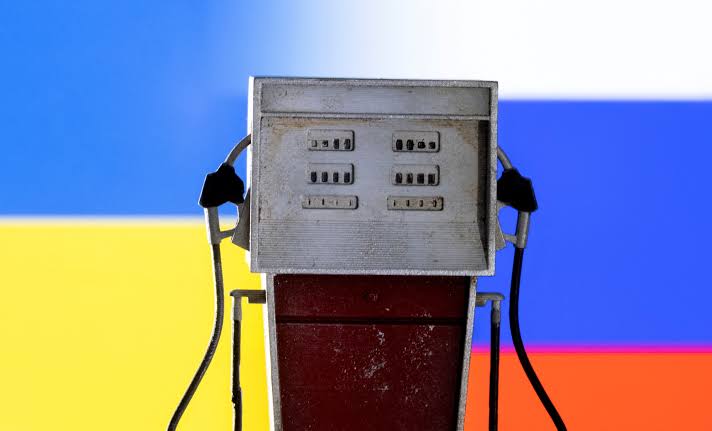Russia has approved a six-month ban on petrol exports starting from March 1, as confirmed by state news agency Tass on Tuesday.
Prime Minister Mikhail Mishustin endorsed the halt, similar to last year’s measure aimed at preventing shortages and price surges in the domestic market due to rising local demand.
Deputy Prime Minister Alexander Novak proposed limiting exports in a letter dated February 21, citing anticipated seasonal demand for fuel in the domestic market.
The proposed ban aims to stabilize prices amid concerns of excessive demand for petroleum products, as reported by Russian outlet RBC.
The ban will exempt member states of the Eurasian Economic Union (EAEU), such as Armenia, Belarus, Kazakhstan, and Kyrgyzstan, along with Mongolia, Uzbekistan, and the breakaway Georgian regions of Abkhazia and South Ossetia.
Last September, Russia implemented a similar ban ahead of the winter season, which excluded certain countries and was lifted by November.
However, the duration of the latest ban is expected to be longer, possibly reflecting the Kremlin’s efforts to curb rising fuel prices before the upcoming presidential election scheduled for March 15-17.
Additionally, the export halt aims to facilitate maintenance and repair work on refineries, some of which have been targeted in attacks amid the ongoing conflict in Ukraine.


